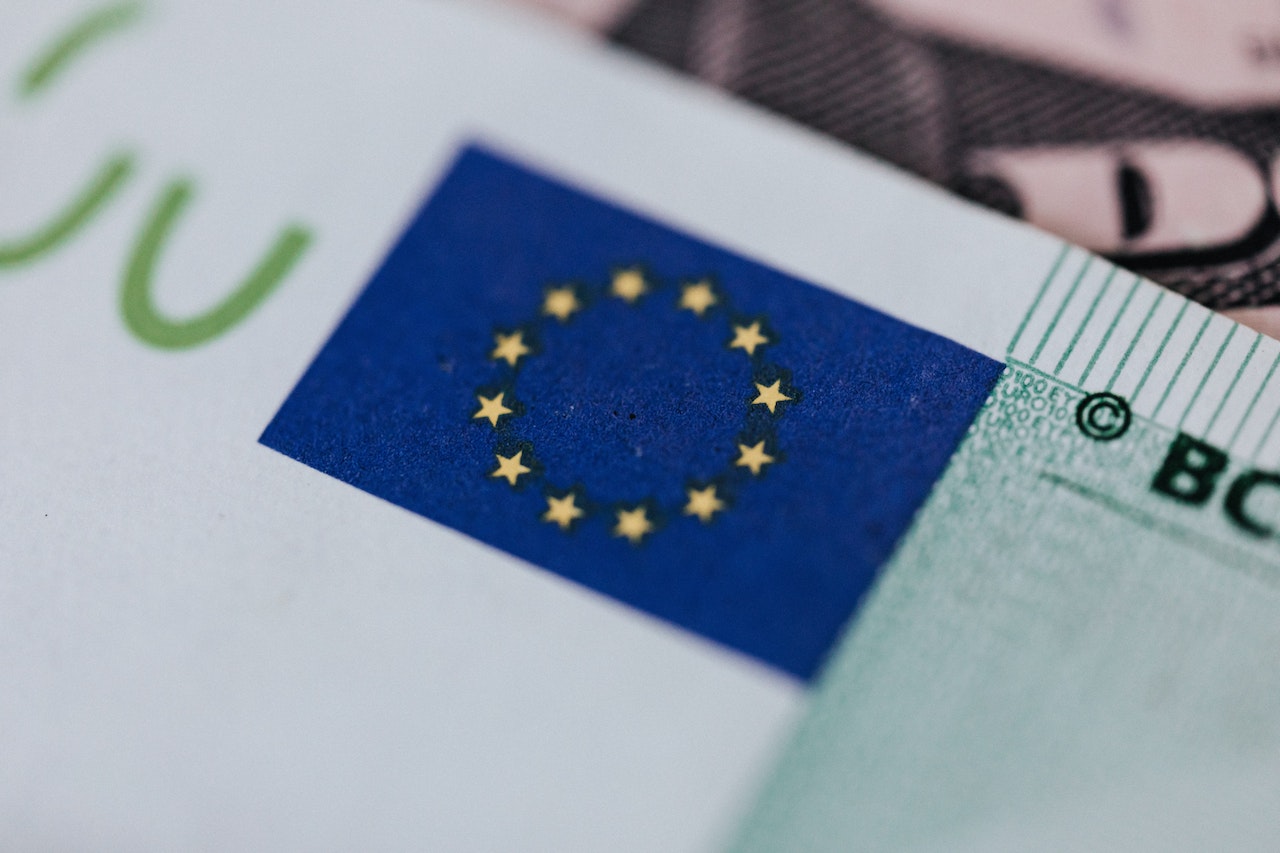China has strongly criticized the decision of the European Union (EU) to launch an investigation into Beijing’s electric vehicle subsidies, calling it a “naked act of protectionism” that threatens to disrupt the global automotive industry chain and damage bilateral relations. This move by the EU is part of its effort to protect domestic jobs and supply chains amid concerns that China is flooding the market with cheap electric vehicles (EVs).
The Commerce Ministry of China warned on Thursday that this investigation would have a “negative impact” on the EU-China relationship. The EU, on the other hand, justifies its actions by claiming that China is unfairly saturating the market with low-cost vehicles.
In a statement, the Chinese Commerce Ministry defended the country’s thriving EV industry, citing innovation and a complete industrial supply chain as key factors. Nevertheless, shares of leading Chinese EV manufacturers experienced slight declines in response to the news. BYD saw a 1.2% decrease in its Hong Kong stock, while SAIC Motor Corp., the owner of MG, fell 0.3% onshore after recovering from initial losses.
The immediate impact of any European tariffs on China’s economy is expected to be limited because more than 80% of the passenger cars produced in China are sold domestically. China’s EV market has remained a bright spot in its post-pandemic recovery, sustaining growth and boosting exports.
The EU’s decision to counter China’s growing dominance in the EV sector comes as a blow to President Xi Jinping’s strategy of fostering a strong relationship with the EU as a counterbalance to challenges from the United States. It also underscores the EU’s ongoing challenges in developing trade ties with China while safeguarding against perceived supply chain and national security risks.
Henry Wang Huiyao, founder of the Center for China and Globalization research group in Beijing, called the EU’s move surprising and “counterproductive” to the overall relationship. “It’s certainly not helping the trend in the relations that were gradually heading toward recovery,” he stated, suggesting that the EU should have turned to the World Trade Organization to address its concerns.
The EU’s decision to threaten China with tariffs is likely to cast a shadow over upcoming talks in Beijing. Valdis Dombrovskis, the EU’s executive vice president and trade chief, is scheduled to visit China this month to pave the way for a leaders’ meeting later in the year, giving China an opportunity to present its case.
The Commerce Department in Beijing emphasized that China’s EV sector has grown due to persistent efforts in tech innovation and a complete industrial supply chain. According to Chinese customs data, China’s EV car exports to the 27 EU nations accounted for 47% of the sector’s total exports’ value last year, a number that dropped to 44% in the first seven months of 2023.
European Commission President Ursula von der Leyen countered these claims, stating that the global market was flooded with cheap Chinese cars sold at “artificially low” prices due to Beijing’s support. Although it’s unclear how united the EU is on this matter, Germany’s Economy Minister Robert Habeck affirmed that the EU’s executive arm had given prior notice of the investigation.
The investigation, which is expected to last approximately nine months, could result in new EU tariffs on electric vehicle imports from China and affect non-European automakers such as Tesla Inc., which exports cars from China. These tariffs could be on par with the 27.5% tariffs already imposed by the US on Chinese EVs, according to insider information.
Jens Eskelund, president of the European Union Chamber of Commerce in Beijing, expressed support for a level-playing field in rule-based trade practices. “The European Chamber expects to see a fact-based probe with a view to ensure such principles for all market participants,” he stated.
Although the immediate impact of the EU probe may be limited, it is expected to influence the growth prospects of companies with aggressive expansion plans in the EU, like BYD, according to analysts from Morgan Stanley.
The Chinese brands most likely to be impacted include Zhejiang Geely Holding Group Co., BYD Co., and Nio Inc., all of which are expanding into the European market and starting to challenge established market leaders like Volkswagen AG, Tesla Inc., and Stellantis NV.
This EU investigation, coupled with Washington’s aggressive stance toward China, is part of a broader trend among developed economies to protect electric vehicle production closer to home. US President Joe Biden has maintained existing tariffs on China and imposed new restrictions on advanced chips, citing national security concerns.
Deborah Elms, executive director at the Asian Trade Centre in Singapore, believes that Europe’s decision is influenced by past experiences of China dominating the steel and solar markets through massive exports at low prices. “Once the domestic industry in other markets gets swept away,” she explained, “the space is clear for foreign firms to dictate prices and standards.”
Source: Bloomberg



